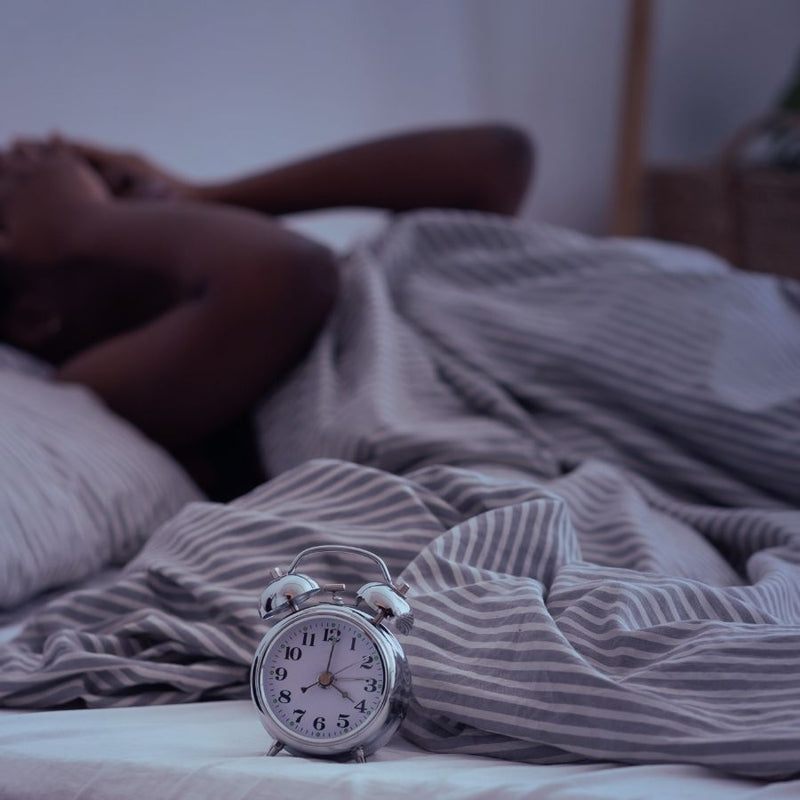6 Effective Strategies to Recover from a Bad Night of Sleep
A restless night can leave you feeling groggy and off-kilter the next day. You may be instantly grumpy or feel on edge.
When we get a bad night's sleep for any reason, our whole day can become overly stressful, with little issues may seem bigger than they really are.
Thankfully, there are several strategies you can use to bounce back and make the most of your day. Here’s how to recover from a bad night of sleep and get back on track:
1. Start Your Day with Hydration
When you wake up feeling sluggish, drinking a glass of water can help jumpstart your metabolism and rehydrate your body. Dehydration can exacerbate feelings of fatigue, so make sure to drink water throughout the day to stay energized.
2. Get Moving, Even Just A Little Bit
Exercise is a powerful way to combat drowsiness and boost your mood. A brisk walk, some light stretching, or a quick workout can increase your alertness and energy levels. Just be sure not to overdo it, as excessive exercise might leave you feeling more exhausted.
Remember, a little goes a long way.
3. Avoid Caffeine Overload And Stick To Protein Over Carbs
While it’s tempting to rely on coffee or energy drinks to shake off fatigue, overdoing caffeine can disrupt your sleep pattern further. Caffeine has a half life, so you may still feel the effects even hours after drinking your coffee. Stick to moderate caffeine consumption and try to avoid it after mid-afternoon to prevent it from affecting your next night's rest.
We often turn to sugar and carbohydrates to help us power through a tired morning. Before grabbing the muffin, consider protein first to keep your blood sugar balanced. A bad night's sleep can throw our hormones out of whack and we want to fuel our bodies well.
4. Power Nap Wisely
A short nap of 10 to 20 minutes can help recharge your energy without interfering with your nightly sleep cycle. Avoid longer naps, as they can lead to sleep inertia, making you feel groggier. Napping early in the day also minimizes the impact on your nighttime sleep.
5. Get Some Sunlight
Exposure to natural light helps regulate your circadian rhythm and boosts your mood. Spend some time outside or sit by a window to get some sunlight. This can help signal your body that it’s time to be awake and alert.
6. Practice Relaxation Techniques
Stress and anxiety can be exacerbated by a lack of sleep, so incorporating relaxation techniques can help you feel better. Deep breathing exercises, mindfulness meditation, or gentle yoga can alleviate stress and improve your overall sense of well-being.
One of the biggest factors exacerbating stress is excessive screen time before bed. So, limit news and social media even up to two hours before you turn in. Let your brain rest and settle in for the night without overstimulation.
Bonus Tip: Plan for a Better Night
As you go through your day, take steps to ensure a better night's sleep tomorrow. Create a calming bedtime routine, keep your sleep environment cool and dark, and limit screen time before bed. Good sleep hygiene can help prevent future restless nights and set you up for more restful sleep.

